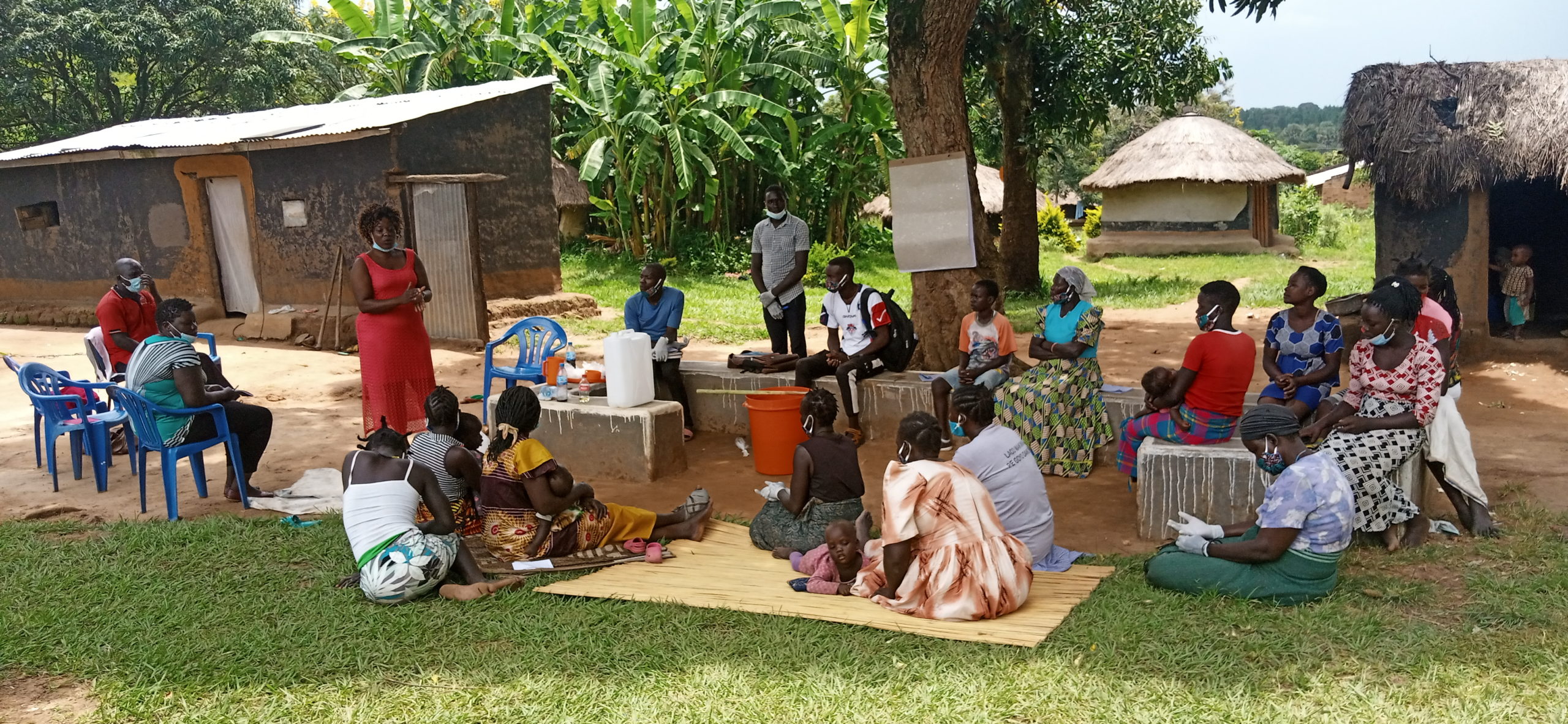This website uses cookies so that we can provide you with the best user experience possible. Cookie information is stored in your browser and performs functions such as recognising you when you return to our website and helping our team to understand which sections of the website you find most interesting and useful.
Geneva Global is part of Global Impact Ventures

Education Inititives > education articles
Parental and community engagement in education
Geneva Global works with schools, local leaders and institutions, and others to encourage and equip parents and the broader community to fulfill the many critical roles they play in fostering the success of children in school.
Beginning at home, Geneva Global promotes strategies to empower mothers economically, training and supporting Self-Help Groups to conduct individual and group income-generating activities and group savings so that the mothers (or fathers or guardians) can cover the sundry costs of schooling. The same strategies empower the parents or guardians socially, pointing them towards the various health, security, cultural, and other factors that serve as barriers to children’s school enrolment, attendance, and learning performance to take collective action. Lastly, Geneva Global works with schools and partners to guide parents and other guardians to create conditions at home that favor all their children’s education success.
Looking to school and the classroom, Geneva Global aims similarly to enlist parents in different ways to raise the quality of learning for their own and all children. These include customary strategies such as contributing financially, materially, and practically to school and classroom maintenance and repairs, participating in school management through a Parents-Teachers (and sometimes Students) Association, and monitoring school attendance. Uncharacteristically, but core to Geneva Global’s commitment to making teaching and learning contextually relevant, we seek to engage parents and other community members in the design and delivery of lessons. This involvement ranges from the provision and creation of low-cost and no-cost learning materials to direct support of teachers in linking the curriculum to the local context, such as with expert lessons.
As a third and final way, Geneva Global works with schools, education leaders, and parents to mobilize actors and agencies from other development sectors—e.g., health, women’s and social affairs, infrastructure, and economic development—to intervene for greater school enrolment, attendance, and performance. This is essential because not all education problems are susceptible to education solutions.
